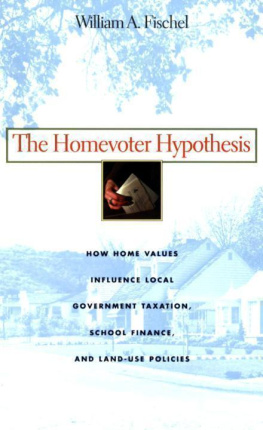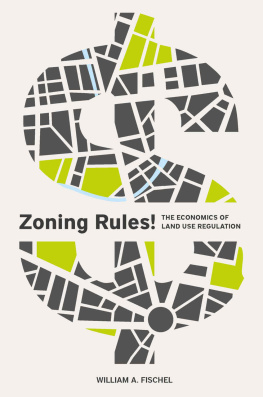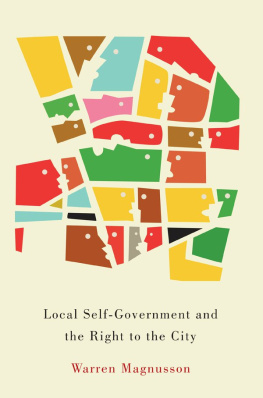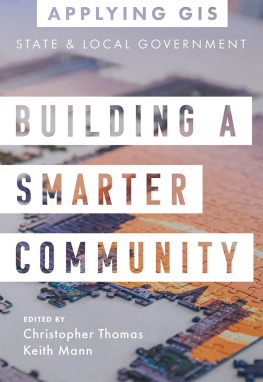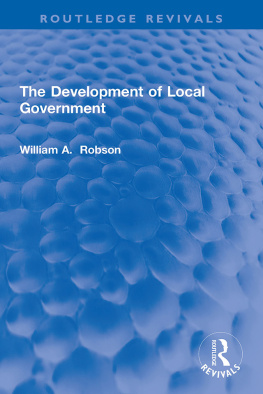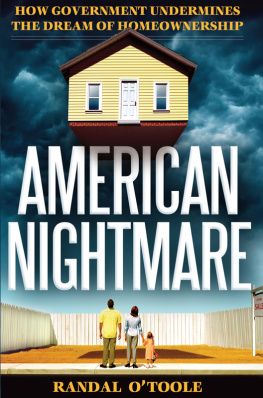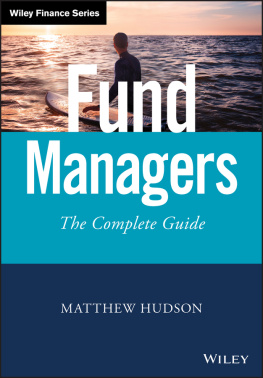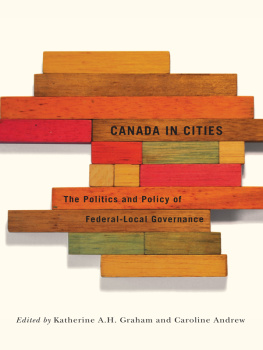The Homevoter Hypothesis
The Homevoter
Hypothesis
How Home Values Influence Local Government Taxation, School Finance, and Land-Use Policies
WILLIAM A. FISCHEL

Copyright 2001 by the President and Fellows of I larvard College All rights reserved Printed in the United States of America

To the memory of Charles M. Tiebout,
for whom a sense of humor was an intellectual asset
Contents
ix
Preface
I invented the portmanteau word "homevoters" (homeowners who are voters) to emphasize that residents who own their homes have a stake in the outcome of local politics that makes them especially attentive to the public policies of local governments. This book works out the implications of homeowners' concern about the value of their largest single asset. It explains why competition among local governments results in a race to the top in public education and environmental protection instead of, as is commonly alleged, a race to the bottom.
In The Economics of Zoning Laws (1985), I advanced the idea that local governments use their land-use controls in rational if not always admirable ways to maximize the value of owner-occupied housing in their community. Until then, most other economists had a Manichean view of zoning: It was modeled either as a wooden-headed constraint on urban development or as a sophisticated means of "internalizing externalities" by all-seeing planners. I sought to replace both of those approaches with a model that emphasizes the economic interests of residential voters as the best way to understand zoning.
My second book, Regulatory Takings (1995), investigated the role of the courts in refereeing the division of property interests between private owners of developable land and the public ownership that zoning implicitly confers on the rest of the community. I argued that the courts need to pay special attention to land-use regulation because local governments were too good at it. Their regulations have the potential to transfer too many property rights from the private to the public sector, making zoning unfairly and inefficiently restrictive.
In her Yale Law journal review of my 1995 book, Carol Rose (1996, p. 1058) seemed somewhat perplexed by my focus on local government. "In distinguishing state or federal from local legislation," Rose wrote, "Fischel joins a mainstream tradition that can be described roughly as `localism hashing."' She pointed out that I am "certainly not the worst in this tradition; indeed, he defends local governments (especially the much-maligned suburbs) for the range of choice that they offer citizens and the efficiency with which they deliver services to the citizens that choose them." But she adds, "He argues that these governments' very efficiency-their satisfaction of their own `median voters'-is linked to a predilection for unfairness to those who fall outside that category."
The present hook might be viewed as a defensive response to Carol's comment. Really, I do like local government. That is why I spent so much time thinking of ways to correct its excesses and shortcomings. But simply retelling the virtues of local governance is not my objective in this work. I found an explanation for why local governments work better at providing local services than do larger-area governments.
The explanation is so simple that I stared at it for years without recognizing it. Everybody knows that homeowners care about the value of their major physical asset, their home. Most economists and nearly all homebuyers know that the good things and bad things that local governments do tend to raise or lower the value of that asset. Studies of political economy find that homeowners are the dominant political faction in all but the largest local governments. This book puts these three propositions together in a positive account of local political economy that shows how and why it differs from the state and national brand.
I wish to thank without implicating Tony Downs, Bob Ellickson, John Matsusaka, and Jon Sonstelie, who read and critiqued the entire manuscript, and Clay Gillette, Tom Heller, and Jon Teaford, who offered helpful comments on individual chapters. The year-long sabbatical leave during which the first draft of this book was written was sponsored by Dartmouth College and was supplemented by a grant from the college's Rockefeller Fund for Social Science Research. The Daniel J. Evans School of Public Affairs at the University of Washington provided a hospitable environment for my sabbatical, and I am especially grateful to Bob Plotnick and Dean Marc Lindenberg for facilitating my stay. The Lincoln Institute for Land Policy underwrote earlier work that was the basis for several chapters, and Lincoln's Joan Youngman provided much-appreciated encouragement in this enterprise. The Homer Hoyt Institute provided a helpful forum for exploring early versions of this work, and I also benefited from seminars hosted by the Kennedy School of Government at Harvard University, Lehigh University, Marshall School of Business at the University of Southern California, Public Policy Institute of California, University of Virginia Law School, and Yale Law School as well as my home institution, Dartmouth College.
I am most indebted to my wife, Janice Goldberg Fischel, for her patient assistance in reading the manuscript and for her willingness to forsake home and career track for a year-long stay in Seattle. Okay, Seattle wasn't exactly hardship duty, but I do appreciate her tolerance for visiting burgeoning suburbs rather than more normal tourist spots. The sky seemed so much brighter when she was along.
Hanover, New Hampshire
March 2001
The Homevoter Hypothesis
An Asset-Market Approach
to Local Government
THIS CHAPTER FRAMES the basic questions that motivate the book and outlines the homevoter hypothesis. The important facts are that home values are the largest part of most people's assets, and public events like taxes and spending affect the value of that asset. I describe the event that triggered the hypothesis, an insight I got at a zoning board hearing. The uninsurable riskiness of homeownership explains why homeowners dominate local politics.
The more debatable issue is where the homevoter model applies. Historically, owners of business property were the major players in local politics, but since about 1920, homeowners have become the dominant group of property owners. I conclude with a story that probes the moral limitations of the hypothesis.
1.1 Why Is This Book Different from Any Other?
Here are the four questions that motivate this book:
1. Should the property tax, long the mainstay of local government finance, be pooled among local governments or, alternatively, replaced by state taxes? Statewide tax base sharing has long been a staple of school-finance reform (Coons, Clune, and Sugarman 1970), and metropolitan property-tax base sharing has become a cutting-edge idea among urbanists despite its long confinement in practice to Minnesota's Twin Cities (Myron Orfield 1997). Nor has the property tax been much admired among economists, who have traditionally seen it as a regressive tax on housing or as yet another burden on capital formation, somewhat like the corporate income tax (Dick Netzer 1966; Peter Mieszkowski 1972). Taxpayer surveys find that it is the least palatable tax to pay, and its use has been gradually supplanted by state taxes for much of the twentieth century (Glenn Fisher 1996; Alvin Sokolow 1998).

